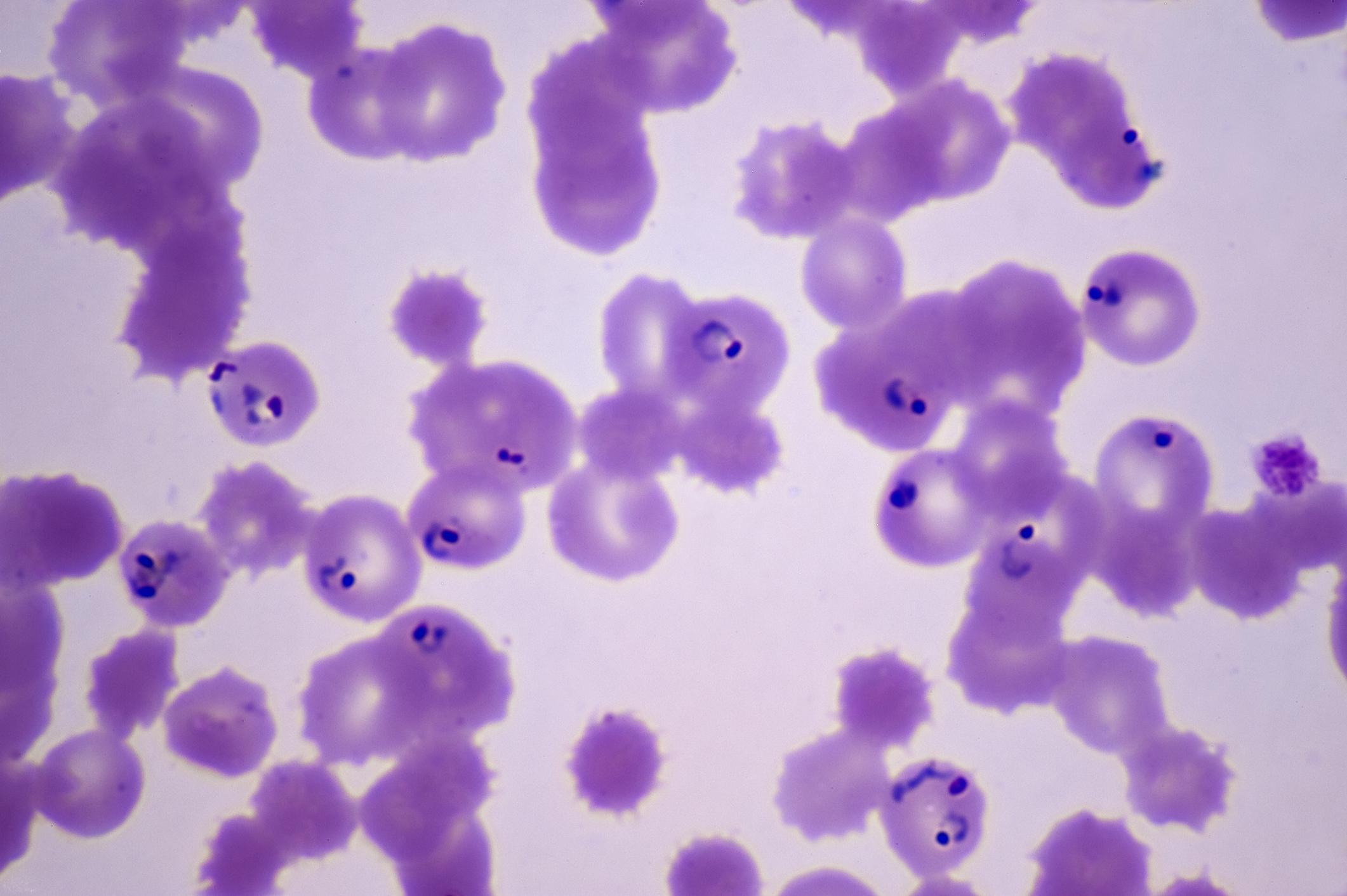Malaria is back in America, according to a warning issued by the Centers for Disease Control and Prevention.
For the first time since 2003, the CDC posted in a health advisory for what they called “locally acquired malaria cases,” which have been reported in Florida and Texas.
The warning noted that although about 2,000 Americans a year have contracted malaria in prior years, they had done so during overseas travel. The CDC noted that malaria was considered largely eradicated from the U.S. in 1951.
“There is no evidence to suggest the cases in the two states (Florida and Texas) are related,” the CDC noted in its advisory.
The CDC has issued a health advisory over the spread of malaria cases in two states, marking the first time locally acquired infections of the disease have been detected in the U.S. in 20 years.https://t.co/sdVzKdM8W4
— KTLA (@KTLA) June 28, 2023
“In Florida
The last locally acquired mosquito-borne malaria cases took place in 2003 in Palm Beach County, Florida, the CDC said.
“Malaria is a life-threatening disease caused by parasites that are transmitted to people through the bites of infected female Anopheles mosquitoes. It is preventable and curable. There are 5 parasite species that cause malaria in humans, and 2 of these species — Plasmodium falciparum and Plasmodium vivax — pose the greatest threat,” the World Health Organization posted on its website.
The WHO reported that in 2021, there were 247 million cases of malaria around the world, with 619,000 deaths.
The WHO reported that about 95 percent of cases and deaths take place in Africa and with about 80 percent of deaths there were children under the age of 5.
The Florida outbreak took place in Sarasota County, according to the Associated Press.
The Florida Department of Health has issued an advisory to state residents warning them to drain areas of standing water where mosquitoes breed, use insect repellant, and wear long-sleeved shirts and pants around sunrise and sunset when the mosquitoes are the most active.
An advisory in Texas said the individual who contracted malaria lives in Cameron County. The advisory said this was the first locally acquired case of malaria since 1994.
In 2001, the Competitive Enterprise Institute linked the rise in malaria cases then to a ban on the use of the pesticide DDT.
As noted by the American Council on Science and Health, the ban was enacted in 1972 in response to environmental concerns and allegations DDT could cause cancer in humans.
In a 2017 Op-Ed in the Daily Beast, Paul Offit wrote that DDT concerns were overblown: “Since the mid 1970s, when DDT was eliminated from global eradication efforts, tens of millions of people have died from malaria unnecessarily: most have been children less than five years old. While it was reasonable to have banned DDT for agricultural use, it was unreasonable to have eliminated it from public health use.”
Update, June 29, 2023: The original title to this article belonged to an earlier commentary piece. Clearly that is incorrect for a news piece, so the title has been updated. We apologize for any confusion this might have caused.
This article appeared originally on The Western Journal.

























 Continue with Google
Continue with Google